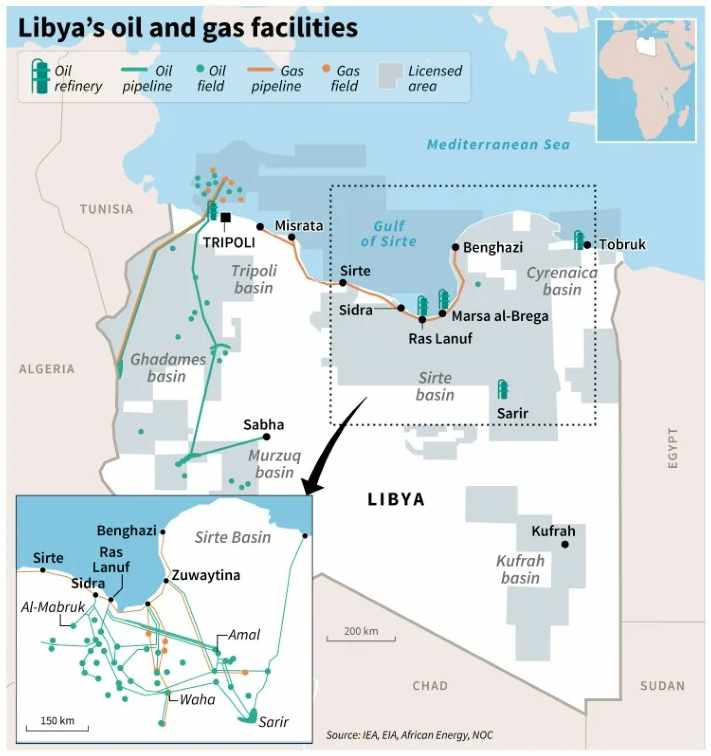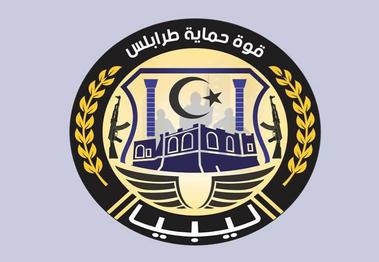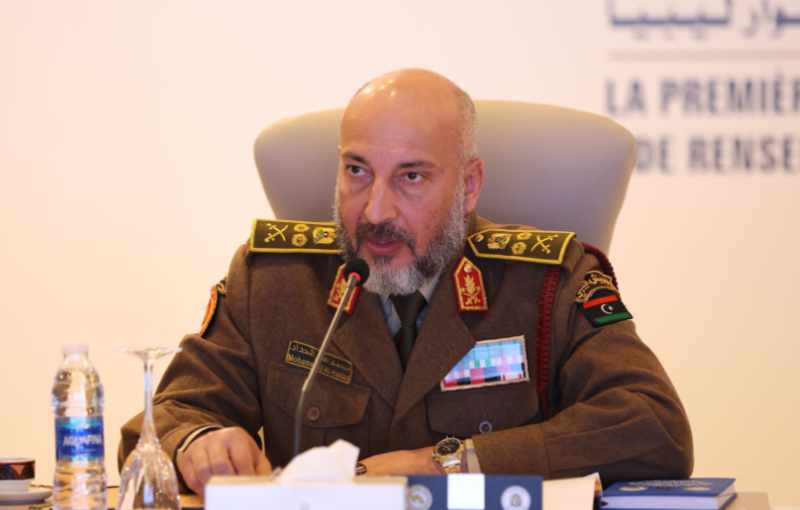Eastern authorities suspend UN ties over Qatar funding
Published on 2025 November 24, Monday Back to articles
GNS Prime Minister Osama Hammad
An agreement signed on 17 November between UNSMIL and Qatar — via its ambassador in Tripoli — to provide financial funding for the organisation of a Structured Dialogue has provoked widespread anger and criticism. This reaction was particularly acute from authorities in the east who viewed the move as an interference and a departure from integrity and neutrality. This sentiment is shared by multiple political groups and by sections of public opinion across the country, reflecting objections to Qatari support for Islamist actors regarded as having contributed to the situation in Libya since 2011.
Despite Qatar’s consistent funding and close monitoring of UN activities, it is not viewed as a neutral party in Libya. While Qatar has maintained a relatively low profile recently, it remains firmly aligned with the Tripoli authorities and Prime Minister Dbeibah. Unlike Turkey, Doha has not established new economic, security or political relationships with the eastern authorities.
In a statement issued on 19 November, the GNS condemned the move as unprecedented, asserting that signing foreign funding agreements without consulting Libyan entities constitutes a clear attack on sovereignty. The Hammad government announced a halt to all dealing and coordination with UNSMIL until: the agreement is cancelled; an official apology is issued; and understandings made without legitimate institutions are annulled. Supporting this stance, the Defence and National Security Committee of the House rejected the agreement as flagrant interference. The Committee called for a review of UNSMIL’s role and a re-evaluation of its continued presence if it persists in exceeding its mandate. This controversy follows the UN Secretary-General’s October report to the Security Council which noted that UNSMIL faces significant pressure due to a liquidity crisis and budget cuts.
UNSMIL responded to the disquiet with a diplomatic statement asserting that all funding is subject to unified controls involving budgeting and transparency. It noted that at least 13 countries and regional organisations have voluntarily funded various programmes, and argued that such contributions do not grant donors influence over the political process.
In principle, Qatar’s financial contribution to support UNSMIL could strengthen Special Representative Hanna Tetteh‘s capacity to conduct mediation and fulfil her duties. While this funding theoretically should not translate into Qatari influence over UNSMIL’s operations or the political roadmap, the motivation behind Doha’s donation is a valid concern. Qatar may view this as an opportunity to reestablish itself as a significant international player in Libya and a broader regional peacemaker.
The GNS’s threats to disengage echo previous criticisms but hold little weight, as the GNS is not recognised by the UN and Tetteh has not been engaging with them or Hammad. While the House’s criticism carries more weight, it has so far been limited to the committee level, rather than being voiced directly by the influential House speaker Aguila Saleh or in a full session. Given its existing reluctance to participate in the UNSMIL process, this suggests that short-term progress from the House is highly unlikely.
If Tetteh attempts to pressure or circumvent the House, the accusations of external interference will likely increase, further restricting the scope of what UNSMIL could potentially achieve. Immediate and meaningful progress on the initial stages of the political process is improbable. The situation is likely to be exacerbated by rising rumours, conspiracy theories and mistrust surrounding Qatar’s funding of UNSMIL.
This excerpt is taken from our Libya Politics & Security weekly intelligence report. Click here to receive a free sample copy. Contact info@menas.co.uk for subscription details.


